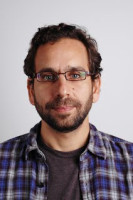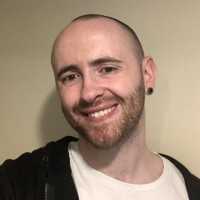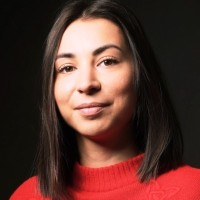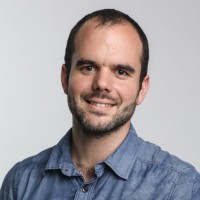Finance, Investment & Risk Management
Artificial Intelligence & Emerging Technologies
Fintech & Digital Finance
Post-Doctoral Fellowships
France
2017.08.31
Getting ready for the FinTech revolution in Europe
Understanding how and where FinTech ventures form
To help European countries be prepared for the fintech revolution, the research seeks to provide policy makers with a comprehensive and in-depth study of the changes already in motion and the ones to come. Dr. Gazel explains that « the project aims at understanding the formation of new fintech clusters and interaction of these startups among each other, as it affects where many jobs will be located in the future and the conditions necessary to develop a vibrant fintech industry ». Among the questions being asked are: what determines location of fintech startups? What is the investment behavior of VC funds investing in fintech? Are investments more likely to go to countries with weaker financial regulations? Which large, non-financial firms invest in fintech? How do they enter the market Which strategies do they follow? By comparing his results from three different countries and from different regions within these countries, Dr. Gazel will provide clues about the impact of financial systems’ regulation on the activity of fintech ventures and the necessary eco-system for their development. The output will also help identify and locate the main clusters for fintech in France, Germany and UK and monitor their evolution. « Another important ambition is to provide a classification for the different fintech sectors, which is still confusing in the literature », he adds.
Quoting the recent report from the WEF, Dr Gazel points out that « 65% of children entering primary school today will ultimately end up working in completely new job types that don't yet exist ». By seeking to gain further insights into what the employment landscape will soon look like in the financial industry, Dr Gazel’s research project addresses one of tomorrow’s biggest socio-economic challenges: the impact of technology on the future of jobs. His output will go a long way towards helping European countries evaluate and anticipe the risks related to these profound changes, making sure we can get the most out of them.

Marco
GAZEL
Institution
SKEMA Business School
Country
France
Nationality
Brazilian
Related articles
Artificial Intelligence & Emerging Technologies
Cybersecurity & Digital Resilience
Ethical AI & Responsible Innovation
Gen AI & Deep Learning
Post-Doctoral Fellowship
Australia
Confronting the Challenges of AI-Generated Misinformation
Misinformation has emerged as one of the most critical global challenges of the past decade, with far-reaching consequences for democracy,... Read more

Paul
MCLLHINEY

